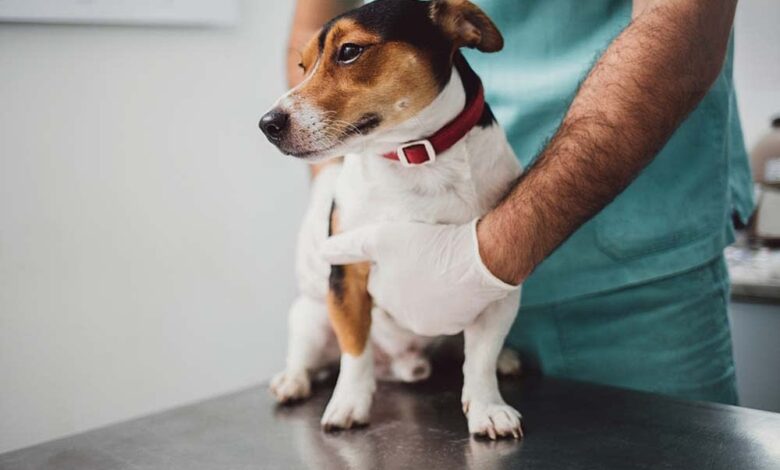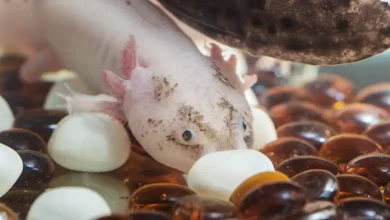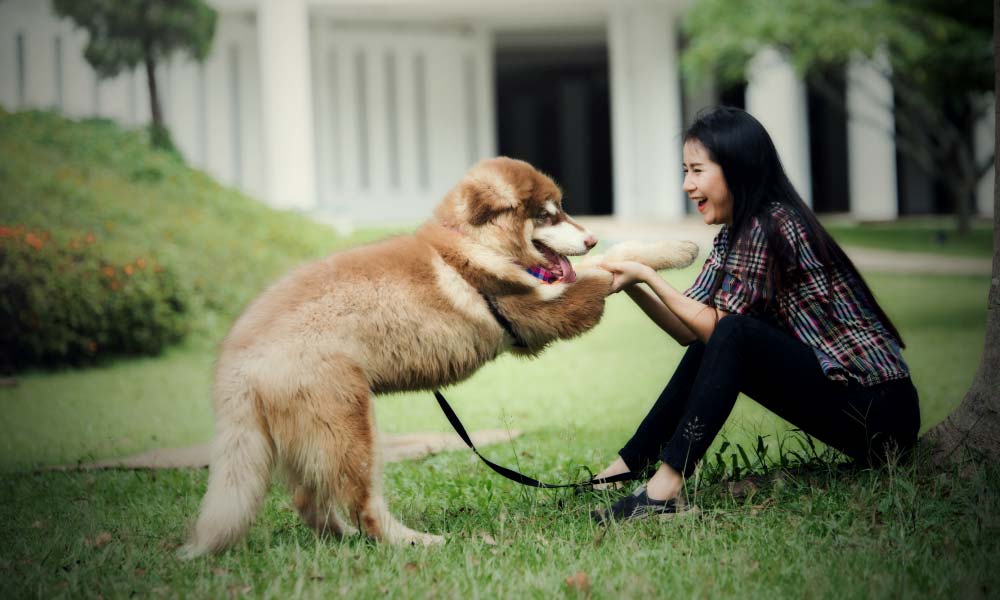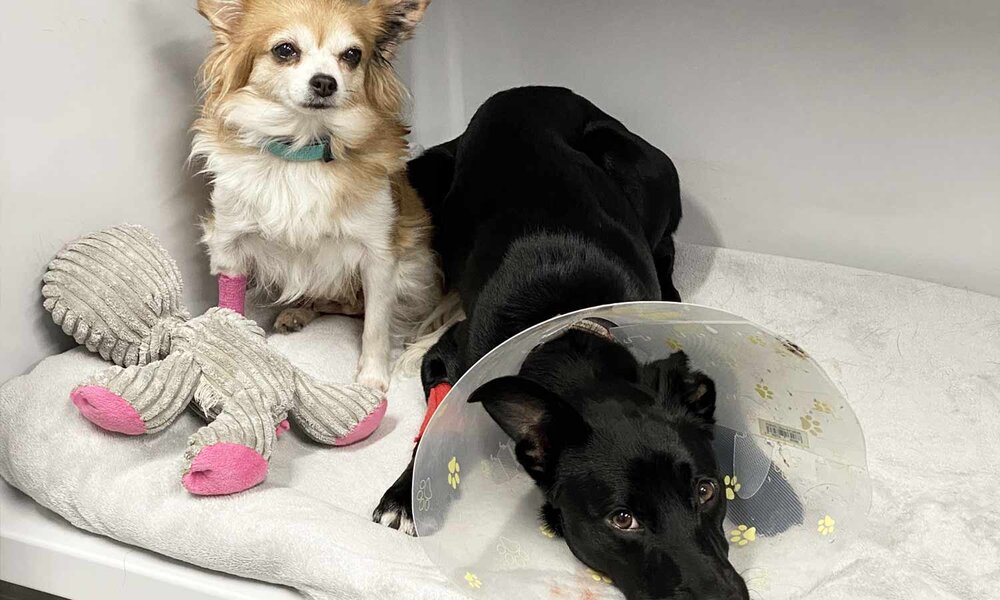Bloody Diarrhea and the Happy Canine: Why a Vet Visit is Crucial

The sight of blood in your dog’s stool is rather worrisome. warning streaks or loose, bloody stool should raise warning flags. On the other hand, things become trickier if your dog acts normally despite this concerning sign. They might be acting normally—playing catch in the backyard, waving their tails to welcome you, and even displaying an interest in what they eat. Some owners may be tempted to disregard the bloody diarrhea because of this seeming conflicting behavior. Having said that, this is not accurate. No matter how your dog is doing, if they have blood in their feces, you should take them to the clinic. In such cases, it is essential to contact a veterinarian. So when your dog has diarrhea with blood but acts fine then the following steps are essential.
A Sign of Internal Problems: Blood in the Poops
The presence of blood in the stool is indicated by bloody diarrhea, which is also called hematochezia. Both the lower and upper gastrointestinal tracts might be the source of this blood. Some reasons, including a poor diet or parasites in the intestines, may be minor, while others may be fatal. Bloody diarrhea may be caused by parvovirus, a highly infectious and sometimes deadly illness in pups who have not been immunized.
Typical Conduct Does Not Alleviate Internal Anxiety
When a dog is in pain, it may hide it well. Your dog may be going through a lot of emotional turmoil even if they seem to be performing normally. Intestinal inflammation or irritation is the underlying cause of bloody diarrhea. Disregarding this symptom might result in electrolyte imbalance, dehydration, and intestinal obstruction. A comprehensive evaluation by a veterinarian may determine the root of the problem and the best way to treat it.
Improving Outcomes through Early Diagnosis
If you take your pet to the doctor right away, they may begin treatment sooner and with better results. The vet may diagnose the problem, prescribe medicine based on their assessment of its severity. Antibiotics for infections, anti-parasitic drugs for worms, and dietary changes for delicate stomachs could be part of the treatment plan, depending on the diagnosis.
Make Your Dog’s Health a Top Priority
Your dog’s health and happiness must take precedence over whatever comfort you may get from their apparently ordinary conduct. A sign that needs attention is blood in the stool. Make an appointment with your vet right away. Their knowledge and experience will guarantee that your dog gets the treatment he needs to recover quickly and resume his active lifestyle. Keep in mind that your beloved pet’s best chance of a quick recovery and a long, healthy life lies in prompt medical attention.





